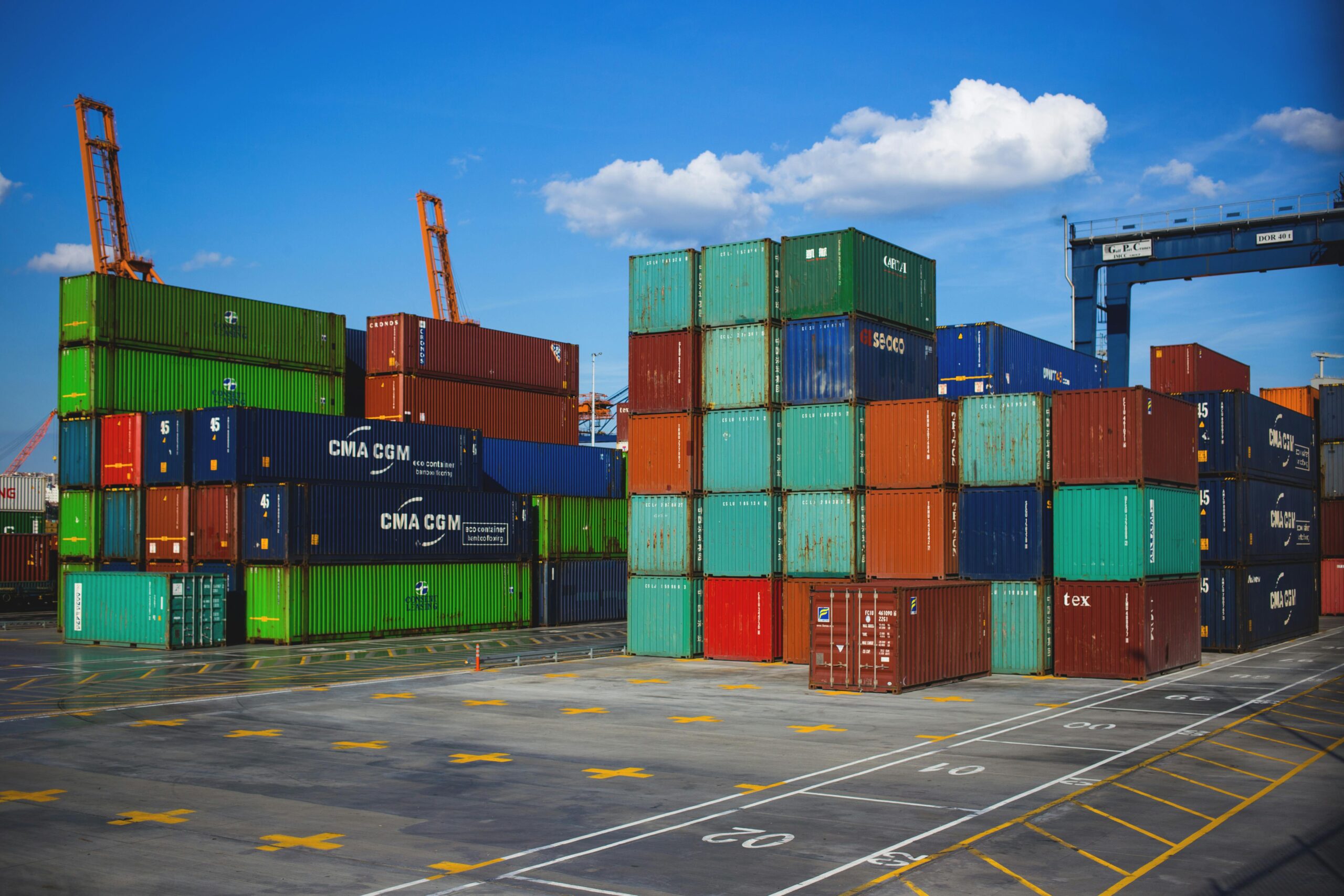In an environment where maintaining competitiveness is paramount to economic success, Ireland is suffering from a chronic infrastructure deficit. This is attributed to inadequate investment, short-term planning and a lack of ambition. In July 2024, the National Competitiveness and Productivity Council launched a report on Ireland’s Competitiveness Challenge. The report highlighted that the global competition to attract Foreign Direct Investment is intensifying. The report also specified the key challenges facing Ireland in relation to attracting FDI. These include:
- The limited progress on infrastructure development.
- A skills deficit.
- The increased cost of doing business.
- Increased subsidies being offered to businesses in other countries.
Multinationals have expressed dissatisfaction with Ireland’s slow response in addressing infrastructure needs in housing, energy, water and transport. If the government does not tackle these shortfalls swiftly, it will become increasingly difficult to attract FDI. For example, the Shannon to Dublin water pipeline has been in motion since 2011 but has yet to advance to a planning application. The provision of large amounts of water is crucial to modern biotech manufacturing facilities. Therefore, this must be prioritised to continue Ireland’s success in attracting biopharma to the country. Although Ireland’s corporation tax rate was attractive in the past, it no longer holds the same appeal. Multinationals are now focusing heavily on energy and water infrastructure.
Department of Infrastructure Proposal
In a bid to rectify the infrastructure deficiencies, Taoiseach Simon Harris gave life to the idea of a Department of Infrastructure at the MacGill Summer School in July. The department would be responsible for the delivery of major projects in crucial areas such as energy, water, healthcare and housing. The Taoiseach argued that the establishment of a sole department to deliver Ireland’s ever-growing infrastructural needs would increase efficiency and accelerate the delivery of large-scale projects. On paper, the idea seems like a cure-all opportunity. However, the establishment of a new department will simply increase officialdom and bureaucracy.
In practice, a new departmental approach to infrastructure may complicate matters. Bureaucratic hurdles can impede progress and slow down decision-making rather than increase efficiency. This is an additional burden that Ireland’s already challenged system could do without. Furthermore, the process of organising a new department necessitates a significant time investment when Ireland requires immediate solutions to infrastructural deficits. Rather than the establishment of a Department of Infrastructure, the government should focus on a complete overhaul of the current planning system and develop a fresh infrastructure and delivery strategy.
Planning and Development Bill
On a constructive note, the landmark Planning and Development Bill 2023 was approved by the Houses of the Oireachtas on 9th October 2024. The bill will update and rationalise the planning system, providing more clarity, consistency and certainty. Subsequently, An Bord Pleanála will undergo a major reorganisation. Urban Development Zones will allow for a plan-led approach to development and improvements will be made to the judicial review process. Darragh O’Brien TD, welcomed the development, stating that the bill is a “pivotal moment for Government … to ensure we have a planning system that is fit for purpose”.

